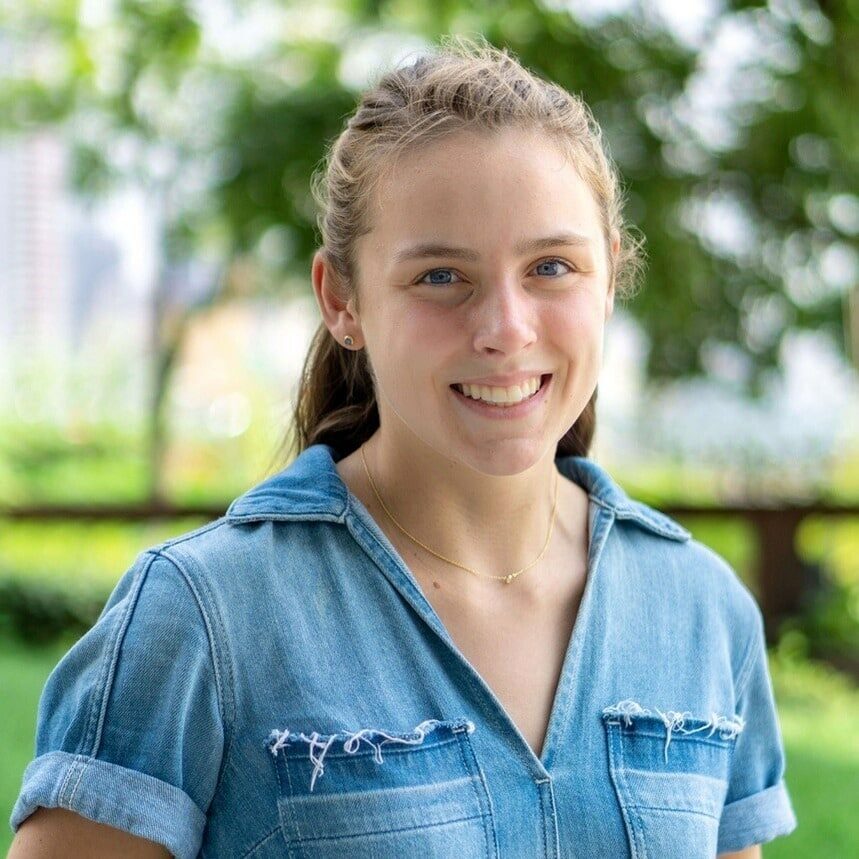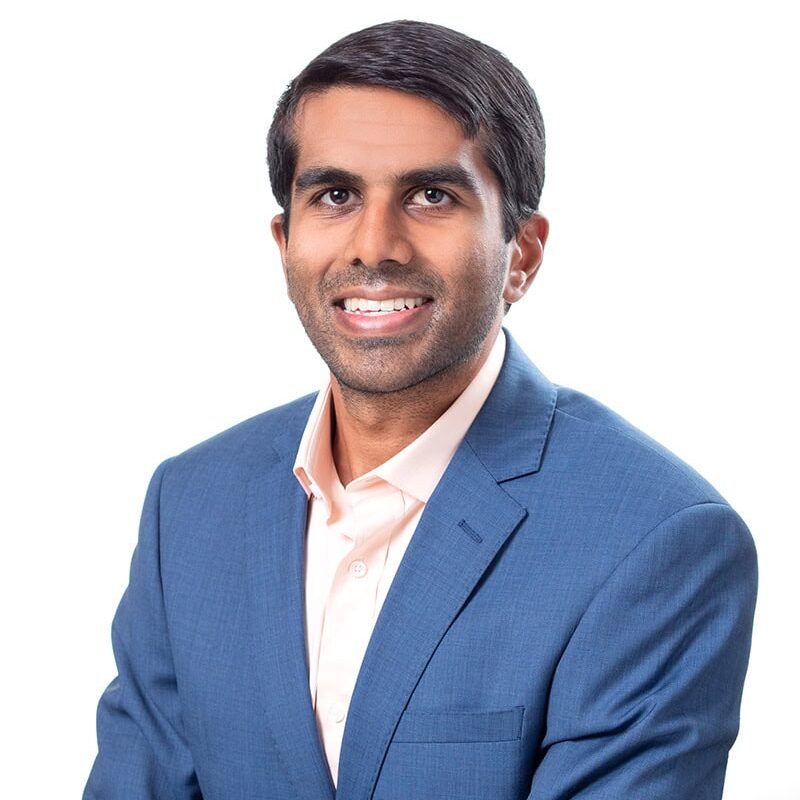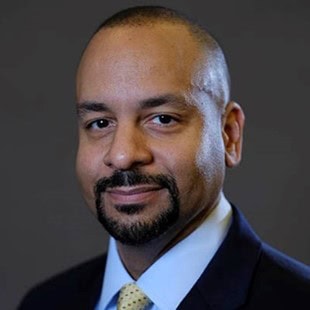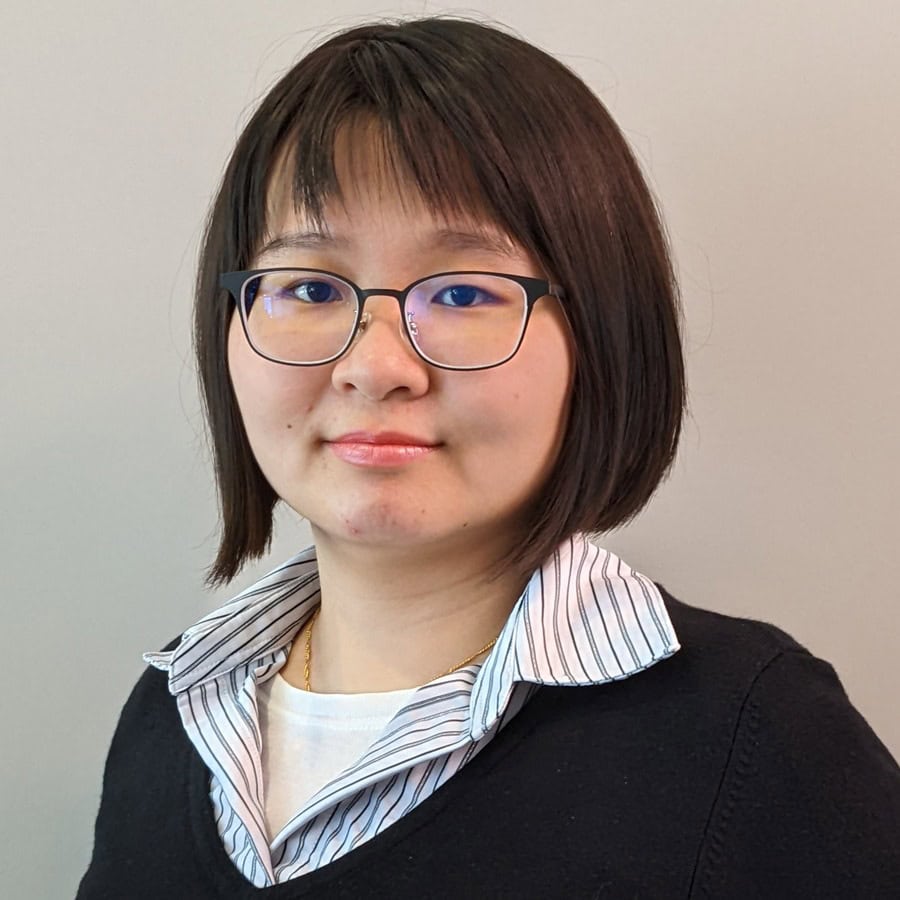Q: Why did you choose to present your research with SGIM this year?
A: I was honored to have the opportunity to present our research on advancing health equity through partnerships with Medicaid stakeholders at the SGIM Annual Meeting. Given that our project involved teams in seven U.S. states, it was a privilege to share this project with physicians and students from across the country, many of whom came from states where our interventions are being implemented. I learned so much from the discussions at my poster session, which will help guide our future research and my growth as a student researcher.
Q: What is the Advancing Health Equity: Leading Care, Payment, and Systems Transformation program, and how did you get involved in this work?
A: Advancing Health Equity is a national program supported by the Robert Wood Johnson Foundation and based at the University of Chicago that brings together cross-sector partnerships to reduce and eliminate health inequities through care transformation and payment reform. My mentor, Dr. Marshall Chin, is co-director of the program. Advancing Health Equity is innovative, interdisciplinary, and impactful in its mission to change structures in the healthcare system that perpetuate health inequities. As a medical student, I was excited to learn from and contribute to this cutting-edge, systems-level research, which aligns with my values.
Q: What is the Roadmap to Advance Health Equity model, and what were your research findings?
A: The Roadmap to Advance Health Equity is a model created by Advancing Health Equity to help organizations develop an approach to reducing health inequities. In our research, we provided this model to cross-sector teams and investigated what facilitators and challenges teams faced during initiative design and implementation. We found that collaboration across Medicaid stakeholders was productive. Teams grappled with common themes as they operationalized this model, such as overcoming preexisting stakeholder assumptions about health inequities in their community. Our findings can help future multi-stakeholder collaborations integrate health equity into care delivery and payment reforms.
Q: Do you plan to continue your work with the Advancing Health Equity program?
A: As a medical student, I would like to continue working with Advancing Health Equity as much as possible. After completing my clinical rotations this year, I anticipate having more research availability and look forward to continuing to work with this program.
Q: The 3rd year of medical school is notoriously difficult. How have you learned to manage your time and energy to participate in this research?
A: I conducted this research during the summer after my first year of medical school and throughout my second year. Although balancing my studying with research was sometimes challenging, this project was an inspiring and stimulating academic outlet that helped keep me motivated when my coursework was challenging. I am grateful that Dr. Chin, my advisor, worked closely with me to adjust our research timeline to fit my schedule.
Q: Besides this research, you co-lead the Chicago Street Medicine program at the University of Chicago. Can you explain this program and how it has supported your interest in health equity?
A: Chicago Street Medicine is a nonprofit organization that provides street medicine to people experiencing homelessness and housing instability across Chicago. Our street medicine teams visit encampments and individual sites at locations where people are congregated or living and provide medical care. Helping lead this organization has further developed my interest in providing and improving medical care to people experiencing housing instability. I witnessed how many of the inequities and barriers to health care that our street medicine patients face are preventable. This program has fueled my interest in health equity, especially in helping expand care access and quality for individuals who face multiple, complex barriers.
Q: What type of residency program do you hope to join, and what sparked your interest in general internal medicine?
A: I hope to pursue a career that involves caring for a diverse patient population with various diseases and medical needs. I am inspired by the many general internist physicians dedicated to improving healthcare access and quality across the spectrum—from preventive care to chronic disease management. I remain undecided on what type of residency program I hope to join. However, my current interests include internal medicine and emergency medicine.
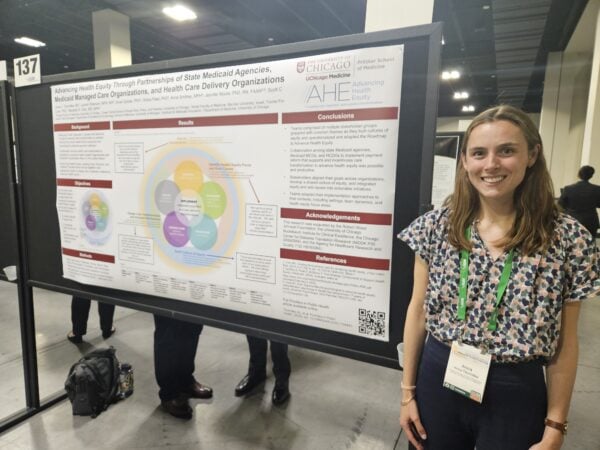
Frontliner
Job Position & Institution
Third-year medical student at the University of Chicago Pritzker School of Medicine

